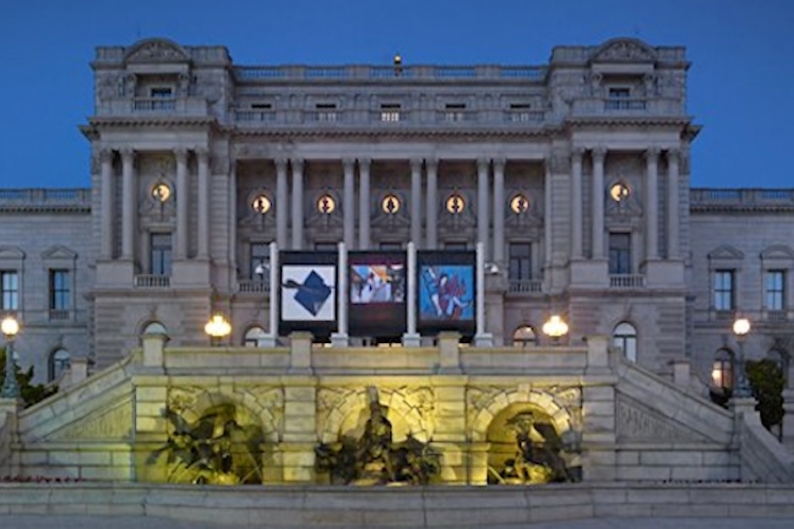In the year 2000, Congress passed the National Recording Preservation Act which demanded that — perhaps some time in the next, let’s say, 13 years — the Library of Congress “plan and coordinate a national effort to develop policies and programs to save our nation’s recorded sound history and ensure its accessibility to future generations.” In other words, our government was tasked with the goal of saving our sounds, from works of music to historic wire recordings to important speeches.
At long last, as the New York Times reports, a plan has emerged. The 78-page document, which was wrapped up in December and is now available for all to read in PDF form, outlines 32 recommendations on the subject from the National Recording Preservation Board. To which we’d add two words: “the cloud.” They do appear to be on the right track, however, as some form of the word “digitize” appears 41 times in the document. (“Cloud” only appears once, but whatever.)
The crux of the proposal indeed seems to focus on converting various fragile physical recordings (ranging from Edison cylinders and lacquer discs to 8-tracks and CDs) into digital forms. Considering the diversity of sources and the degradation of certain collections, not to mention complex legal issues concerning ownership and distribution, this isn’t as easy as plugging a record player into a USB port. An archive of this magnitude is not assembled overnight.
Librarian of Congress James H. Billington announced the plan, explaining that although “we have good reason to be proud of our record of creativity in the sound-recording arts and sciences,” we’ve failed to achieve “an equal level of interest in preserving them for posterity. Radio broadcasts, music, interviews, historic speeches, field recordings, comedy records, author readings and other recordings have already been forever lost to the American people.”

Also Read
Compact Discs: Sound of the Future
The Times points out that among those are early Frank Sinatra and Judy Garland songs, as well as a 1945 transmission from the cockpit of the Enola Gay created as Hiroshima was being bombed. The library estimates that roughly half of the cylinder recordings made have been lost over the decades. SPIN guesses that 50 percent of the world’s 8-track supply is either in the possession of dweeby uncles or was stolen from Camaros whose tops were left down.




